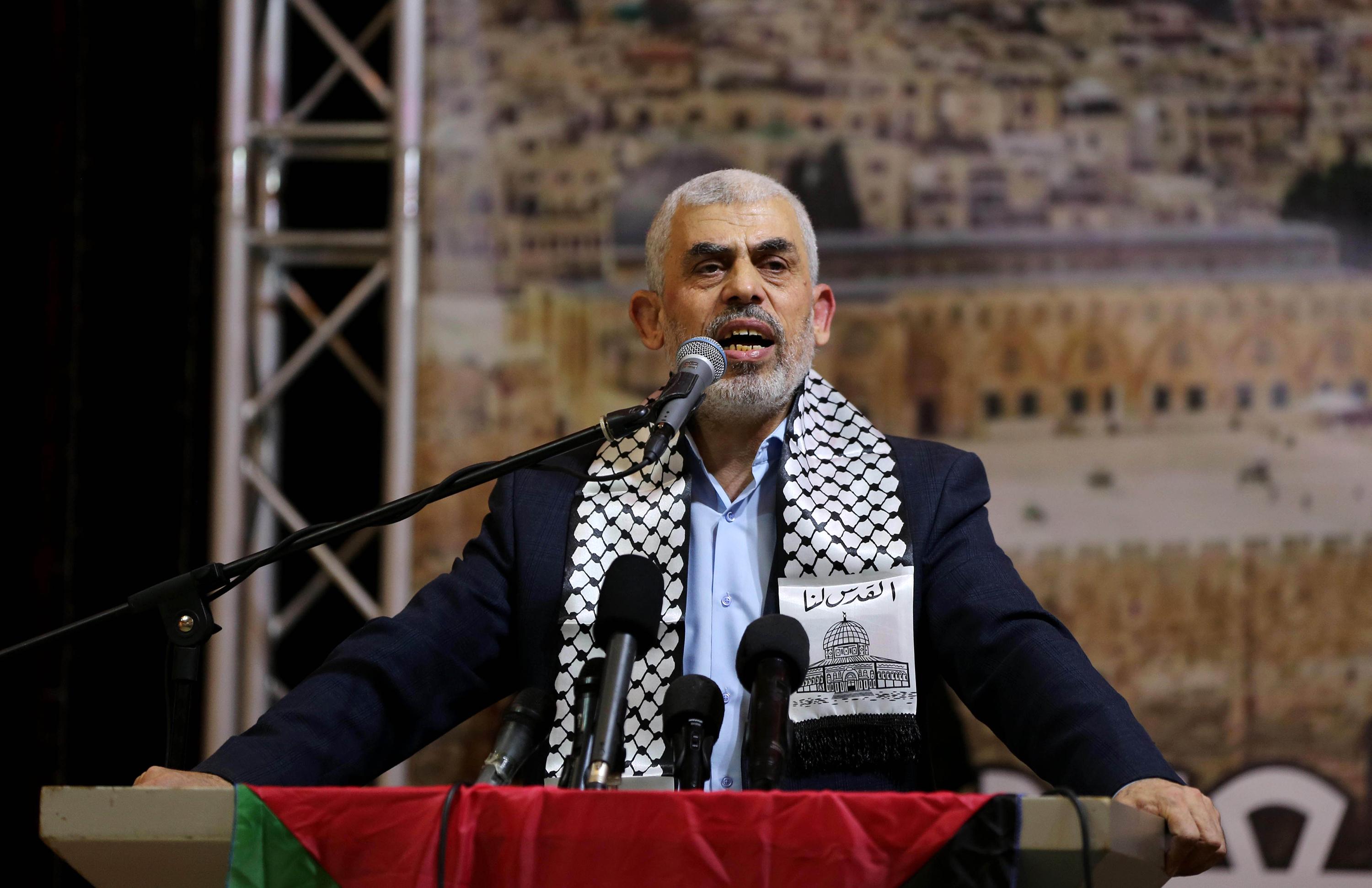Sinwar's death broke Hamas, now they want him back
BREAKING: Hamas demands Yahya Sinwar's body in upcoming deal
According to Saudi reports, Hamas is making new demands on their part regarding the ceasefire-hostage deal with Israel, including asking for the body of their Ex-leader to be returned to Gaza. For full details.

According to the initial report, Hamas is now demanding the body of deceased leader, Yahye Sinwar during the first phase of the deal.
Yahya Sinwar, was a key figure in Hamas leadership, and a prime target for Israeli forces since the October 7 attacks. His involvement in planning and executing these attacks made him one of Israel's most wanted individuals. After his death, Sinwar's body was recovered by Israeli forces and transferred to a secure, undisclosed location. This follows earlier reports suggesting that Sinwar’s body may be used as a "bargaining chip" in negotiations for the release of hostages.
Negotiations Update: Deal with Hamas Still Not Finalized, Optimism High for Hostage Release Agreement
As of this evening, the ongoing negotiations for a potential deal with Hamas have not yet been finalized, despite reports suggesting otherwise throughout the day. However, there is growing optimism in Israel that an agreement may be reached soon. A political source noted, "We are in advanced stages, but we're still not at the final closure—Hamas's response to the proposed outline and the hostages' list have not yet been received."
The details of the agreement were largely shaped by Hamas's leadership in Qatar and focus on the release of 33 "humanitarian" hostages in the first phase. This category includes all women—both civilians and soldiers—children, men over the age of 50, and individuals in poor health, including those with severe injuries. Notable hostages like Avraham Mengistu and Hisham al-Sayed, who were captured before the war, are also expected to be included. While Hamas initially demanded a smaller number of hostages—ranging from 12 to 18—the list now involves a larger number, with Israel insisting on 33.
Though none of the hostages are officially reported as deceased, there are concerns regarding the fate of some. However, most are believed to be alive. According to the current outline, the release of these hostages would take place gradually over approximately six weeks, starting 48 hours after the deal is signed, with female hostages released first.
In return, Israel would release over a thousand prisoners, including at least 200 terrorists convicted of murder. These prisoners would not be transferred to Judea and Samaria but instead to Gaza or third countries like Algeria or Qatar. After 16 days of the first phase, negotiations for the second phase, which would address the remaining hostages, would begin.
A key point in the discussions is that Israel has not committed to ending the war until all hostages are released, a detail that could pose a challenge to the deal's success. Some sources suggest that Israel has requested a commitment from the U.S. that hostilities could resume if necessary, though Israeli officials have declined to confirm this.
A political source emphasized that unlike previous instances when Hamas engaged in negotiations as a "facade," the current discussions appear to be genuine. This shift is attributed to various factors, including the death of Sinwar, military pressure in northern Gaza, fear of an IDF operation in Gaza City, and growing frustration within Hamas regarding the collapse of the Iranian axis.
While the focus of the current phase is on humanitarian hostages, Israel’s stance remains firm: it will not fully withdraw from Gaza until all hostages are freed. The IDF plans to maintain a presence around Gaza and along the Philadelphi Route, with reduced forces in the region. The return of Gazans to the northern part of the strip will be facilitated through the Nitzanim route, with security checks conducted by a neutral party, under Israeli monitoring.
Despite the ongoing negotiations, there is frustration in Israel regarding the pressure from former U.S. President Trump's team to finalize a deal before his inauguration. One source involved in the talks mentioned, "Trump is desperate to secure a deal before his inauguration, and this is putting additional pressure on Israel."
In conclusion, while there is considerable optimism, the political source cautioned, "It’s unclear whether we’ll have an answer in hours, days, or longer." And as a reminder, the deal remains incomplete until Hamas provides its response from Gaza and the list of hostages.